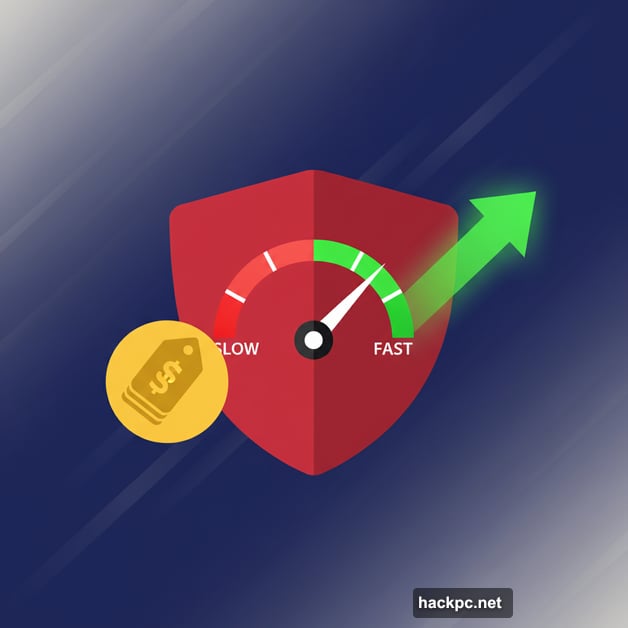
ExpressVPN just solved its biggest weakness. For years, speeds lagged behind cheaper competitors. Now it’s blazing fast again.
But there’s a catch. The price is still absurdly high. So the big question remains: does premium performance justify premium cost?
I spent weeks testing ExpressVPN’s latest updates across multiple devices and locations. Plus, I ran over 300 individual speed tests to measure real-world performance. Here’s what actually changed and whether it matters for your wallet.
Speed Loss Dropped From 35% to 18%
ExpressVPN introduced two game-changing upgrades this year. Lightway Turbo and Data Channel Offload for OpenVPN on Windows transformed performance completely.
In January 2025, ExpressVPN cut my speeds by 35%. That’s terrible for a premium service. By March, that number dropped to just 18% after the upgrades rolled out.
How’d they do it? Lightway Turbo runs connections through multiple tunnels simultaneously instead of one. More data flows at once. Simple concept, massive impact.
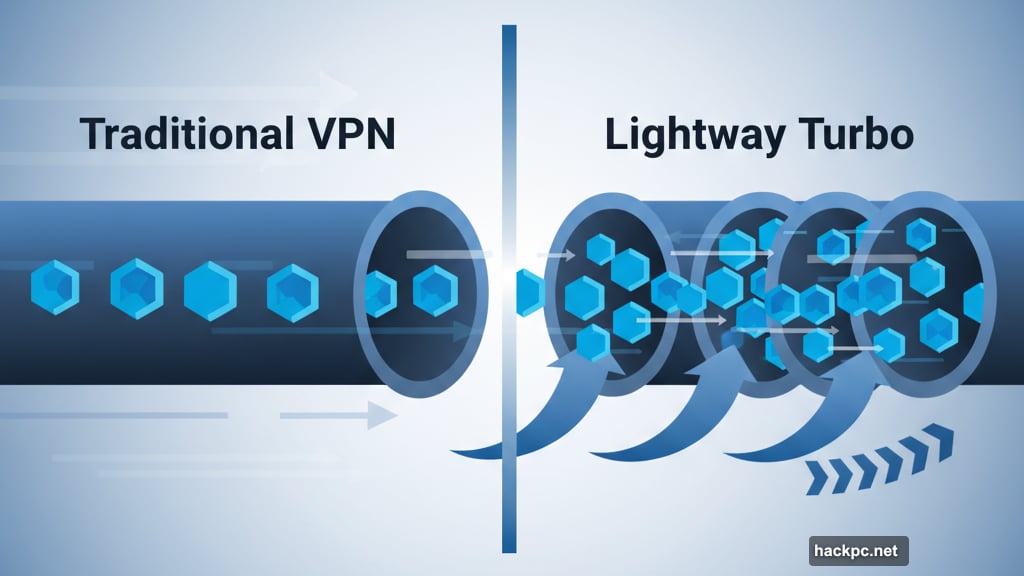
On Windows, speed loss through OpenVPN dropped from 64% to 18%. That’s not a typo. The improvement was genuinely that dramatic.
However, Mac users got mixed results. Lightway connections were lightning fast with only 8% speed loss. But OpenVPN on Mac still struggled at 29% speed loss. The Windows-only optimization doesn’t work on other platforms yet.
Testing from Ohio with 370 Mbps fiber, I consistently hit 350-360 Mbps when connecting to nearby servers in New York and the UK through Lightway on Mac. Even distant servers in Australia and Singapore maintained 260-300 Mbps. Most VPNs can’t match that consistency.
ExpressVPN now ranks third-fastest in our 2025 testing. Only NordVPN at 3% and Proton VPN at 16% beat it.
The New Pricing Structure Changes Almost Nothing
ExpressVPN rolled out three subscription tiers in September 2025. Basic, Advanced and Pro. Unfortunately, the changes don’t add much value for budget-conscious users.
The Basic tier costs $13 monthly, $75 for the first 15 months or $98 for the first 28 months. Then it renews at $100 annually. You get 10 simultaneous connections, the VPN and basic ad-blocking. That’s it.
Here’s the problem. The $100 annual renewal rate is steep for a stripped-down service. Surfshark’s base plan costs $48 for the first year and only $79 annually after that. Plus, Surfshark includes unlimited simultaneous connections.
Private Internet Access costs even less at $40 for the first year, then $50 annually. Both are excellent budget VPNs that deliver solid performance without the premium price tag.
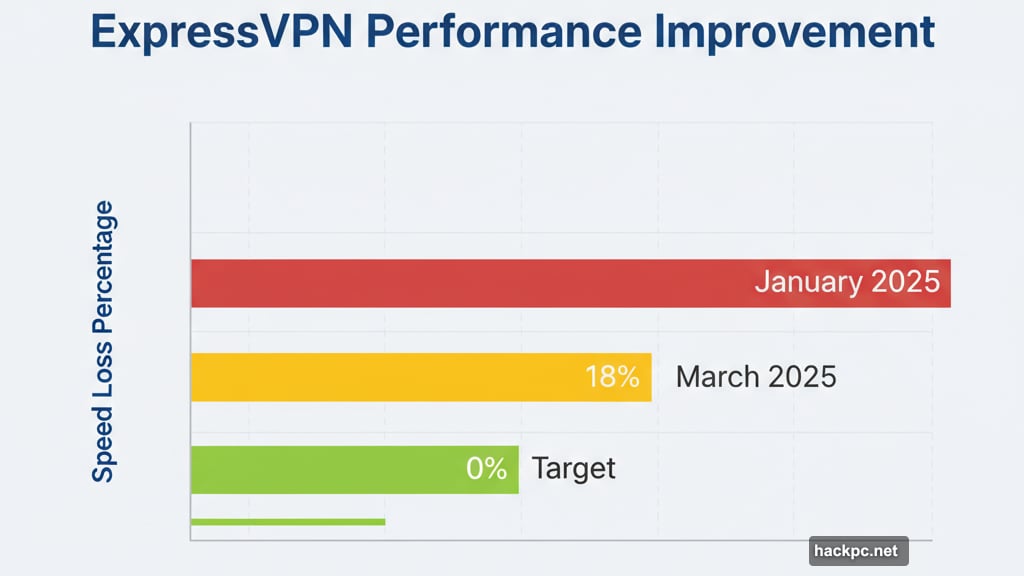
ExpressVPN’s Advanced tier might offer better value. You get the VPN, password manager, full security suite and 12 simultaneous connections for $90 for the first 15 months. It renews at $120 annually.
By comparison, NordVPN’s Basic plan costs $60 for the first year but jumps to $140 annually. You only get 10 simultaneous connections and the VPN. So ExpressVPN’s Advanced tier actually delivers more tools at a lower renewal rate than NordVPN’s Basic plan.
Still, casual users have cheaper options. The Basic tier doesn’t solve ExpressVPN’s affordability problem.
Privacy and Security Remain Best-in-Class
This is where ExpressVPN truly shines. Few VPNs demonstrate commitment to privacy as consistently and thoroughly.
ExpressVPN became one of the first providers to offer post-quantum protection in October 2023. Since then, the company doubled down by upgrading to ML-KEM, the latest NIST standard for post-quantum encryption. This matters because quantum computers will eventually break current encryption methods.
The hybrid approach pairs cutting-edge post-quantum protection with today’s strongest encryption. Your privacy stays protected now and years into the future.
ExpressVPN’s transparency is unmatched. The company has undergone 23 independent audits. That’s more than any other major VPN provider. Most competitors manage maybe a handful of audits total.
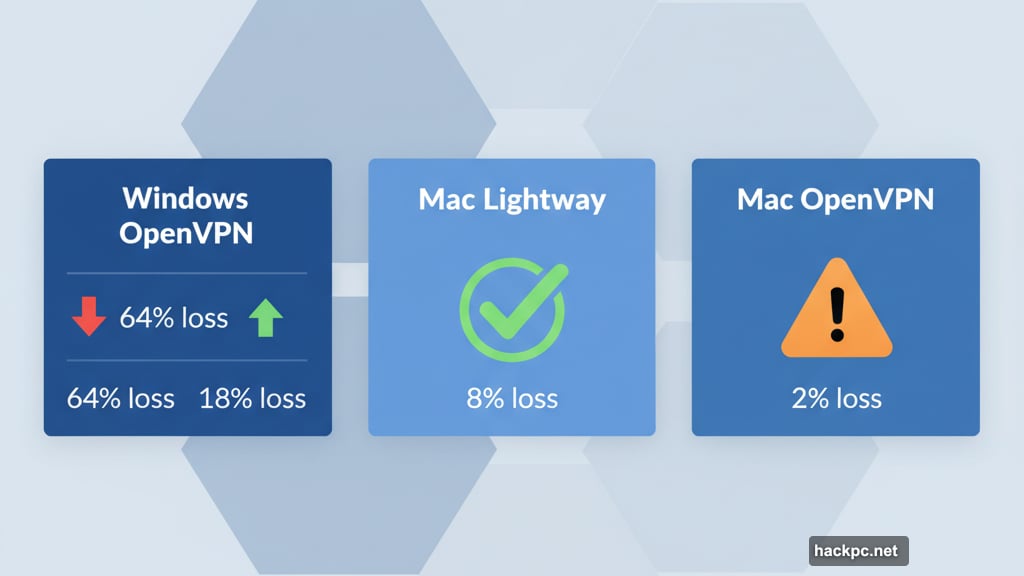
Plus, ExpressVPN publishes full audit reports for anyone to download. Many VPNs only share reports with existing customers. This level of openness builds genuine trust.
The company’s no-logs policy has been verified multiple times by independent auditors. ExpressVPN doesn’t collect browsing history, traffic data, DNS queries or connection logs. And it operates from the British Virgin Islands, a privacy-friendly jurisdiction outside the 14-Eyes alliance.
I detected no DNS leaks during extensive testing. The kill switch worked flawlessly. ExpressVPN’s TrustedServer technology runs entirely on RAM, so data disappears completely when servers reboot.
ShuffleIP Makes Tracking Nearly Impossible
ExpressVPN recently added ShuffleIP, which automatically rotates your IP address with each new webpage you visit. This happens in the background without disconnecting your VPN.
Why does this matter? Traditional VPNs assign one IP address for your entire session. Trackers can still follow you around the web using that single address. ShuffleIP makes tracking exponentially harder by constantly changing your digital fingerprint.
Surfshark offers something similar, but you must enable it manually. ExpressVPN’s implementation runs automatically, making it more convenient for average users.
Apps Are Slick and Easy to Use
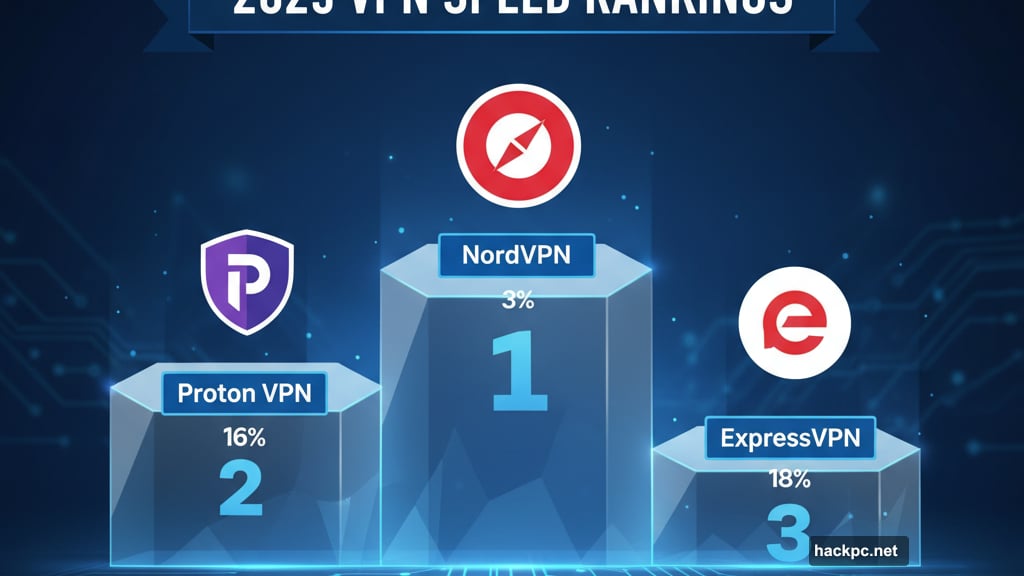
ExpressVPN’s apps maintain a minimalist design across Windows, Mac, Linux, iOS, Android and various TV platforms. Everything you need is easily accessible without overwhelming clutter.
The mobile app received a significant overhaul recently. You can now customize the interface theme and app icon. Plus, the in-app speed test helps you quickly find the fastest servers for your location.
I particularly like how the app displays recent servers and popular locations right on the home screen. You can connect to optimal servers in seconds rather than scrolling through lengthy lists.
Split-tunneling works smoothly on Windows and Android. This lets you route some apps through the VPN while others connect directly. It’s useful for streaming local content while protecting sensitive browsing.
The router app deserves mention too. ExpressVPN sells its own Aircove routers with the VPN pre-installed. This protects your entire network while only counting as one simultaneous connection.
Streaming Performance Is Bulletproof
ExpressVPN remains one of the best VPNs for streaming. It effortlessly bypasses regional restrictions on virtually every major platform.
I tested Netflix, Disney Plus, Amazon Prime Video, Max, Apple TV Plus and Hulu across multiple countries. Every single test worked perfectly on Mac, Windows, iOS, Android, Fire TV Stick and Apple TV.
Plus, the speed improvements mean no buffering or quality drops during playback. High-resolution streaming worked smoothly even when connected to distant servers.
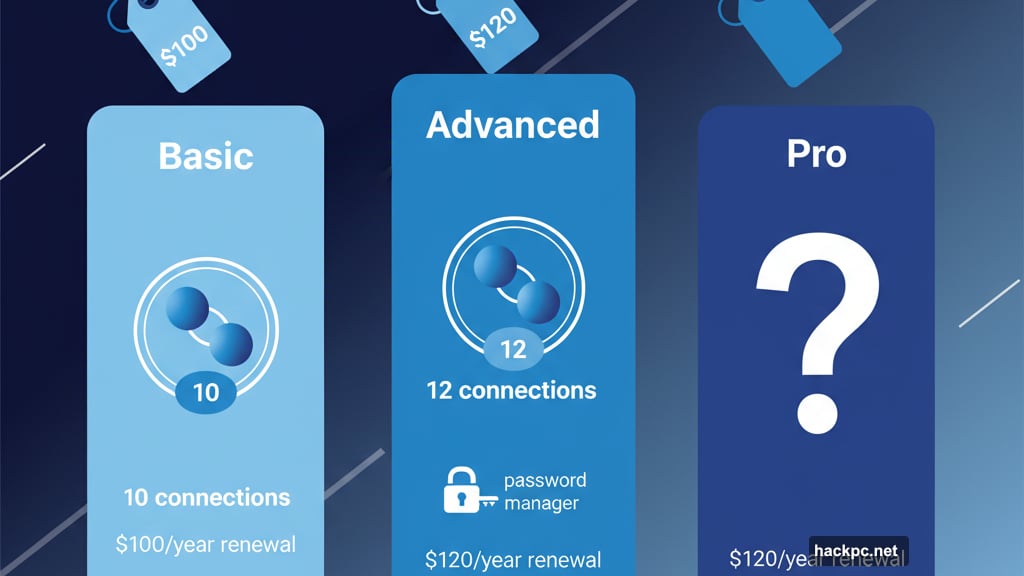
For travelers, ExpressVPN’s 3,000-plus servers in 105 countries ensure stable connections anywhere. The Advanced and Pro tiers even include free eSIM trial days through holiday.com, giving you instant international data access.
Lightway Turbo Is Coming to More Platforms
The massive speed boost currently only works on Windows. ExpressVPN says Lightway Turbo will roll out to Mac and other platforms soon.
That’s good news because Mac users still experience higher speed loss through OpenVPN. Once Lightway Turbo hits all platforms, ExpressVPN’s speed advantage will be even more pronounced.
The company also developed its own post-quantum WireGuard implementation and published a white paper for other VPNs to follow. This helps push the entire industry toward better quantum protection.
Pete Membrey, ExpressVPN’s Chief Research Officer, explained the reasoning: “Post-Quantum protection isn’t a nice-to-have anymore, it’s the new baseline.”
Who Should Actually Pay This Much?
ExpressVPN delivers exceptional performance, privacy and transparency. But it costs significantly more than excellent alternatives.
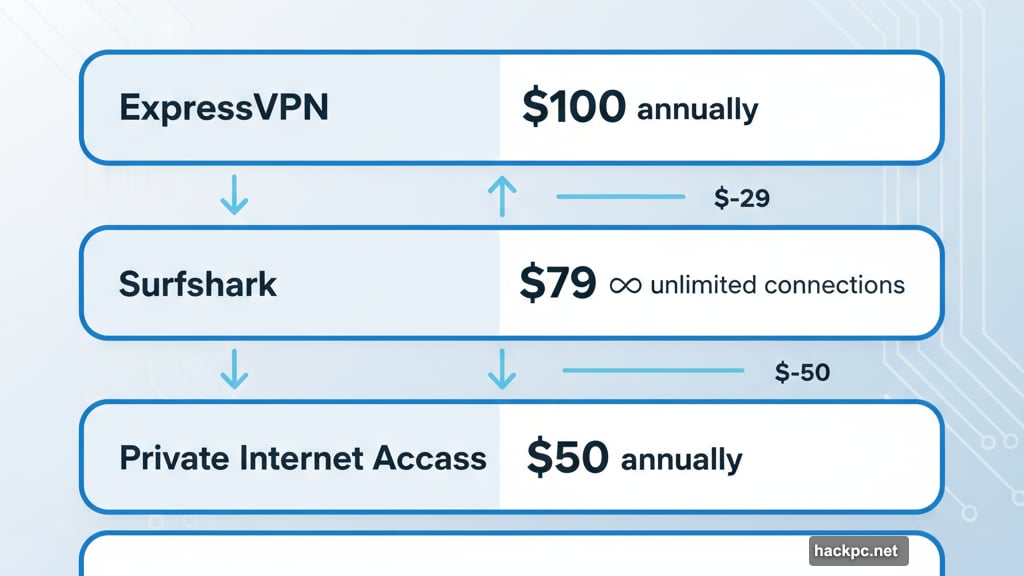
If you have critical privacy needs or want cutting-edge protection against future threats, ExpressVPN is worth the premium. Security professionals, journalists, activists and anyone handling sensitive information should seriously consider it.
For casual users who just want to hide activity from their ISP and unblock streaming content, cheaper options like Surfshark or Private Internet Access make more sense.
The Advanced tier offers decent value if you want a bundle with password management and identity protection. At $90 for 15 months initially and $120 annually after, it’s actually cheaper than NordVPN’s Basic plan while offering more features.
ExpressVPN proves that premium VPN service requires constant innovation and massive investment in security infrastructure. You’re paying for world-class engineering, rigorous auditing and proactive privacy protections.
Whether that’s worth an extra $50-60 annually compared to budget competitors depends entirely on your specific needs and threat model.
ExpressVPN remains the gold standard for VPN service. Just be prepared to pay gold standard prices.

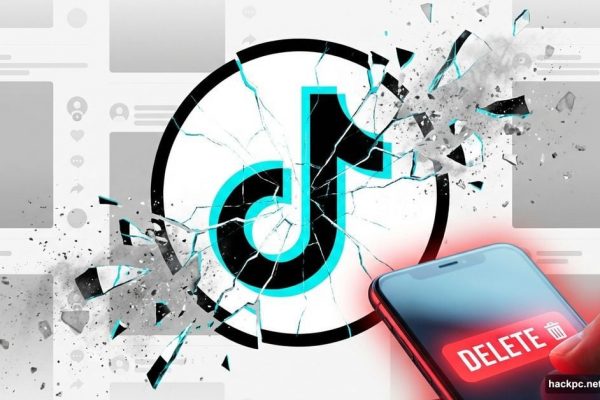
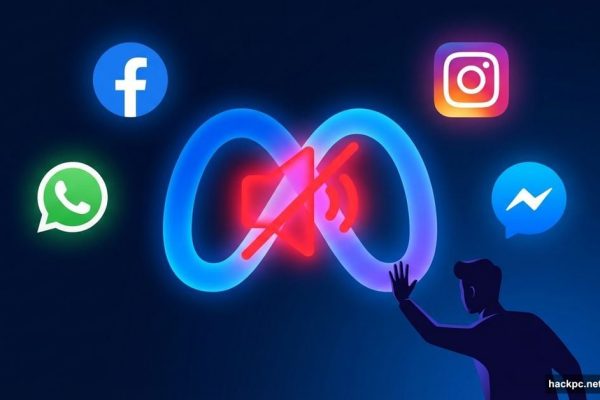
Comments (0)